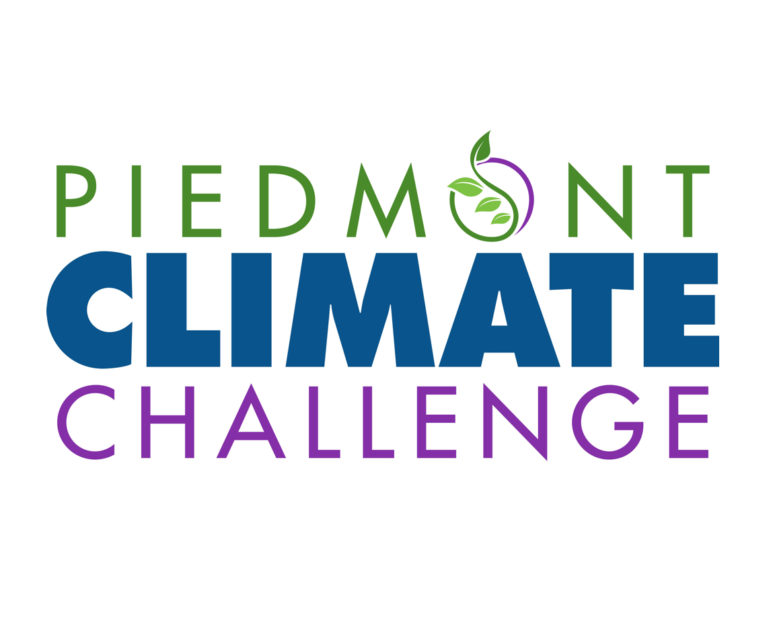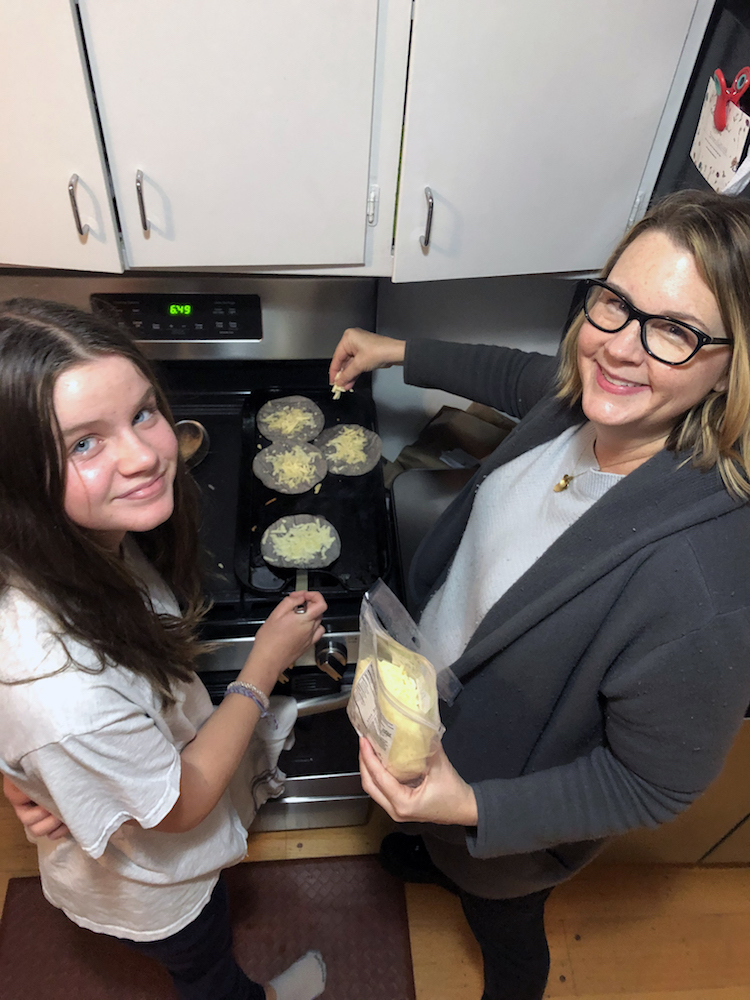
Just over 3 months ago, our city embarked on the Piedmont Climate Challenge. (Haven’t joined yet? There’s still plenty of time. Visit www.piedmontclimatechallenge.org.)
In a new series, Piedmont Connect will highlight the 10 most impactful actions in the Challenge — and a Piedmont family who is taking each action.
It may surprise many people, but eating lower down the carbon chain — primarily by eating less meat and dairy — is one of the most significant choices we can make, three times or more every day, to reduce our impact on the planet.
The mainstream meat and dairy industry is a leading contributor to climate change, releasing significant amounts of methane (a potent greenhouse gas), depleting soil that might otherwise sequester carbon, leading to major deforestation around the globe (including the Amazon), and requiring intensive use of petroleum-based fertilizers. Pastured cows can be a better choice environmentally, since responsible ranching may even help to sequester carbon.
In the Piedmont Climate Challenge, you can commit to reducing beef and dairy for a certain number of meals per week, earning more points the more you reduce, and find ideas and resources to help you make the transition. There are many approaches to eating less, including “reducetarian” strategies like adopting meatless mondays or vegetarian eating before 6 p.m. each day.

Erin Mullin and her family decided to give up beef entirely after learning about its climate impacts. The Mullins family has found it pretty easy to replace beef with other meats and legumes. Erin says she feels less anxiety and guilt about climate change after taking a relatively easy step in the right direction. Try her go-to recipe: Greens Restaurant black bean chili.
New Year’s Resolution anyone? One inspiring book to help you succeed is We are the Weather: Saving the Planet begins at Breakfast, by acclaimed novelist Jonathan Safran Foer. He writes, “We cannot keep the kind of meals we have known and also keep the planet we have known. We must either let some eating habits go or let the planet go. It is as straightforward and as fraught as that.”